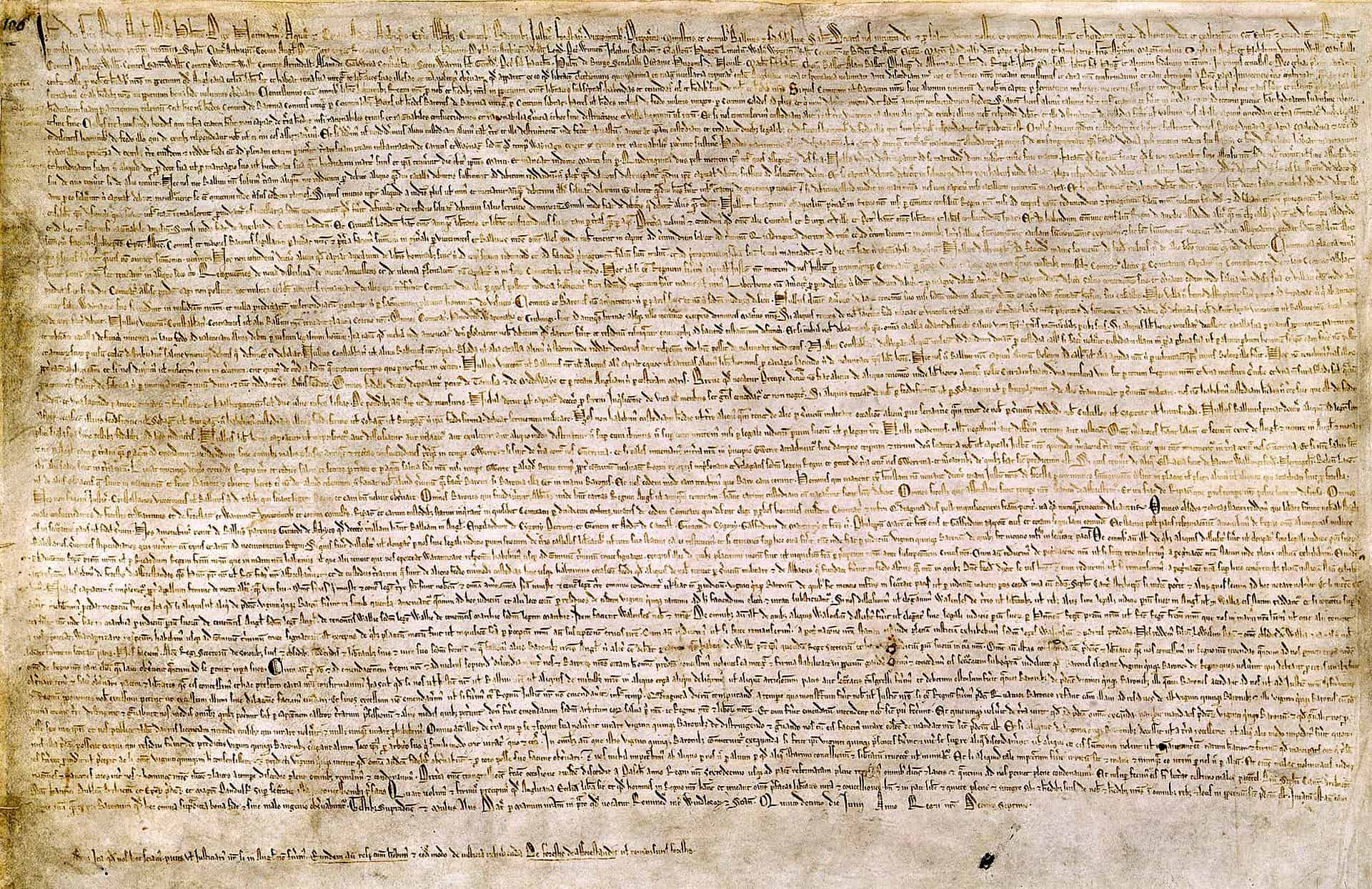Rights of Man
Magna Carta 15 June 1215
We know where we stand on a Bill of Rights and we could argue for it but we don’t think we need to any more. John Howard has argued against it and that’s just about enough for us. The little shit has been so wrong about almost everything he has touched as he blundered cynically and sycophantically through his political career that anything he is against is almost certain to be the right thing to do.
…“ Mr Howard said MPs should not hand their decision-making powers to “unelected judges accountable to no-one”.
Just put this beside, say, Howard’s support for Guantánamo and the US military commissions – both legal black holes accountable to no-one but the “unitary Executive”.
Or put it beside the terrorism laws his government introduced, the rolling back of eight centuries of habeas corpus, the fact that the security forces and selected judges and magistrates were/are accountable for their actions not to Parliament and indeed to no-one but the Cabinet ministers, in secret.
The people have no right to know what they are up to. In fact knowing what they are up to, reporting what they are up to or probably even asking what they are up to could land you in gaol. This situation borders on (if it is not already) oligarchy. It is the sort of thing that the French Revolution was fought over, and that the Enlightenment was all about. And it is okay with John Howard.
Actually … where do “the people” fit in, for John Howard?
The idea that a Bill of Rights tears apart the fabric of civil society is a monstrous, cynical joke. Our entire legal and political system is based on bills of rights of one kind or another, in one way or another.
Magna Carta was a Bill of Rights; the English Parliament passed the Petition of Right in May 1628 which referred to rights secured in the reign of Edward III three centuries earlier:
IV. And in the eight-and-twentieth year of the reign of King Edward III, it was declared and enacted by authority of parliament, that no man, of what estate or condition that he be, should be put out of his land or tenements, nor taken, nor imprisoned, nor disinherited nor put to death without being brought to answer by due process of law.
V. Nevertheless, against the tenor of the said statutes, and other the good laws and statutes of your realm to that end provided, divers of your subjects have of late been imprisoned without any cause showed; and when for their deliverance they were brought before your justices by your Majesty’s writs of habeas corpus, there to undergo and receive as the court should order, and their keepers commanded to certify the causes of their detainer, no cause was certified, but that they were detained by your Majesty’s special command, signified by the lords of your Privy Council, and yet were returned back to several prisons, without being charged with anything to which they might make answer according to the law.
[ … ]
VII. And whereas also by authority of parliament, in the five-and-twentieth year of the reign of King Edward III, it is declared and enacted, that no man shall be forejudged of life or limb against the form of the Great Charter and the law of the land; and by the said Great Charter and other the laws and statutes of this your realm, no man ought to be adjudged to death but by the laws established in this your realm, either by the customs of the same realm, or by acts of parliament: and whereas no offender of what kind soever is exempted from the proceedings to be used, and punishments to be inflicted by the laws and statutes of this your realm; nevertheless of late time divers commissions under your Majesty’s great seal have issued forth, by which certain persons have been assigned and appointed commissioners with power and authority to proceed within the land, according to the justice of martial law, against such soldiers or mariners, or other dissolute persons joining with them, as should commit any murder, robbery, felony, mutiny, or other outrage or misdemeanor whatsoever, and by such summary course and order as is agreeable to martial law, and is used in armies in time of war, to proceed to the trial and condemnation of such offenders, and them to cause to be executed and put to death according to the law martial.
The Howard/Ruddock terrorism laws amount to this description of martial law (and in fact to terrorism themselves). Howard bulldozed all of these hard-fought rights and liberties, the history and traditions of law. And why? Because he believes in his heart that the people can’t be trusted with their own lives? Can’t be trusted with power? That power should remain in the hands of those special few who “understand” it? That rights ought not be defined but should be secret privileges that are in the gift of the few, to be dispensed as the favours of a benevolent ruling elite?
Well, as long as we do have our constitution they are not privileges and they are not in his gift to dispense to the deserving and the compliant and the mates. They are ours and we want them written down and enshrined so that people such as Howard — like the pigs in Animal Farm — can’t take them away.
Amnesty’s human rights act campaign coordinator Jenny Leong says …
“We need to remember that it was under the Howard government that so many of the human rights of this country and our reputation internationally for respecting human rights were eroded,”
she told ABC News Online.
The French declared the Rights of Man and of the Citizen in 1789.
The first four Articles are:
1. Men are born and remain free and equal in rights. Social distinctions may be founded only upon the general good.
2. The aim of all political association is the preservation of the natural and imprescriptible rights of man. These rights are liberty, property, security, and resistance to oppression.
3. The principle of all sovereignty resides essentially in the nation. No body nor individual may exercise any authority which does not proceed directly from the nation.
4. Liberty consists in the freedom to do everything which injures no one else; hence the exercise of the natural rights of each man has no limits except those which assure to the other members of the society the enjoyment of the same rights. These limits can only be determined by law.
In 1791 Thomas Paine wrote in Rights of Man:
“ The fact, therefore, must be that the individuals, themselves, each, in his own personal and sovereign right, entered into a compact with each other to produce a government: and this is the only mode in which governments have a right to arise, and the only principle on which they have a right to exist.
It is essential to our freedom as individuals and as communities that this sentiment is remembered and written in stone. The agreement by all the people together to form a government and that this government belongs entirely to the people, that political parties are the servants of the people’s government and are not its owners, is the core of our democracy and freedom from tyranny.






0 Comments